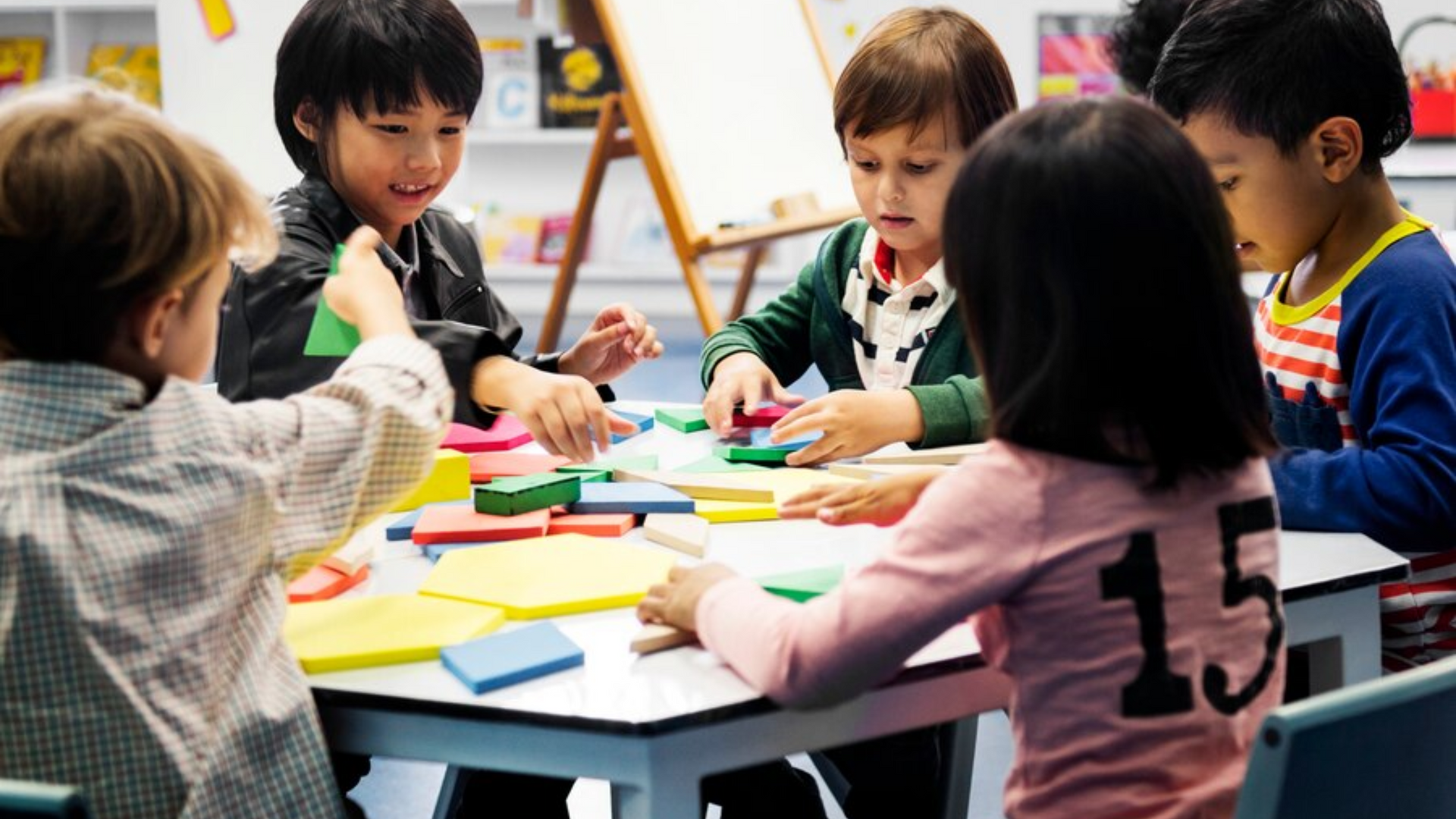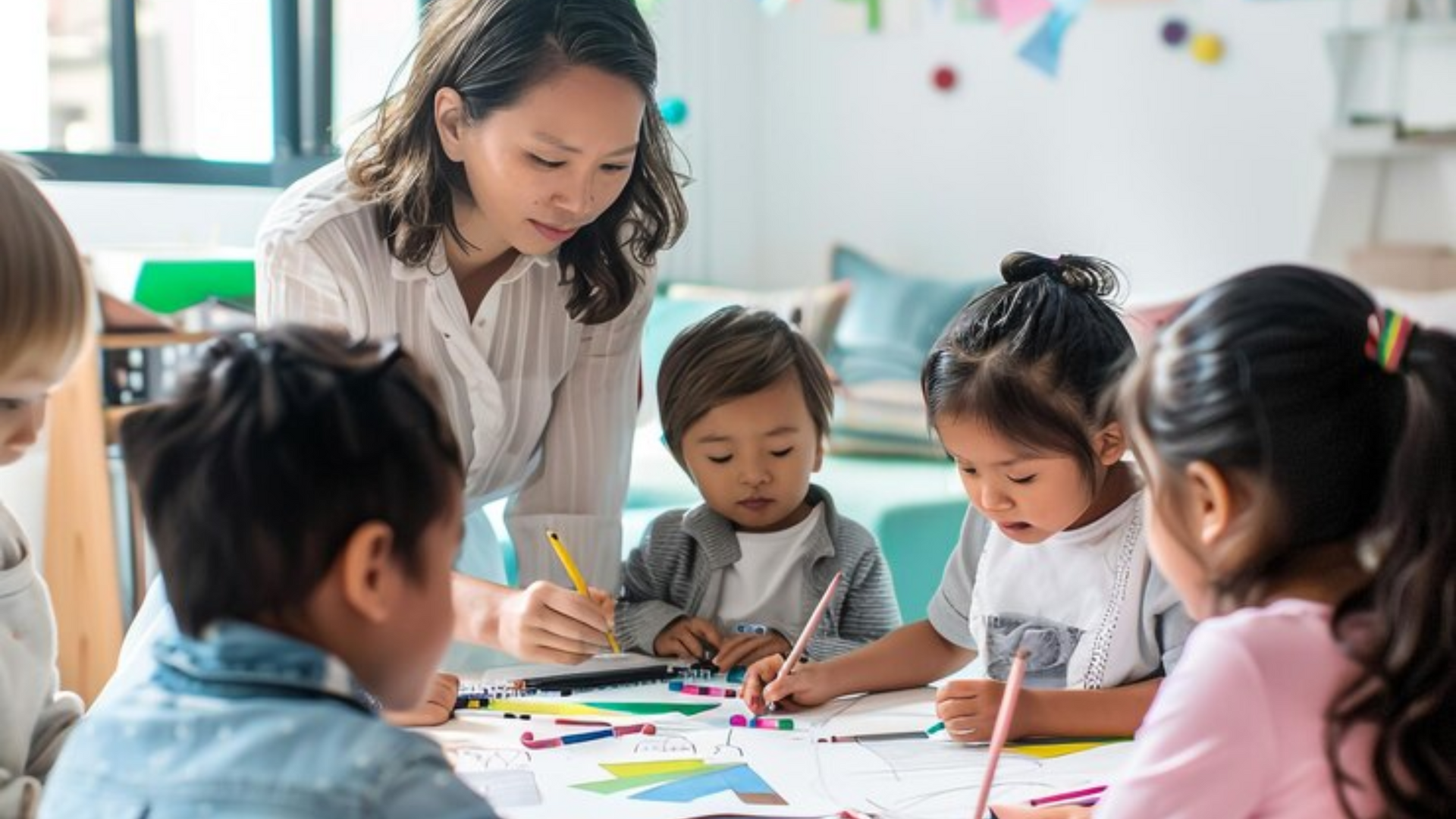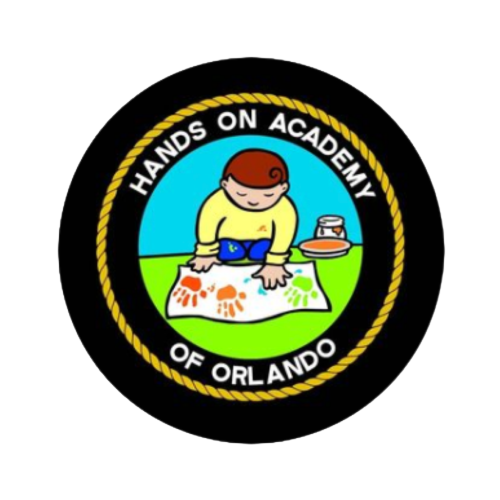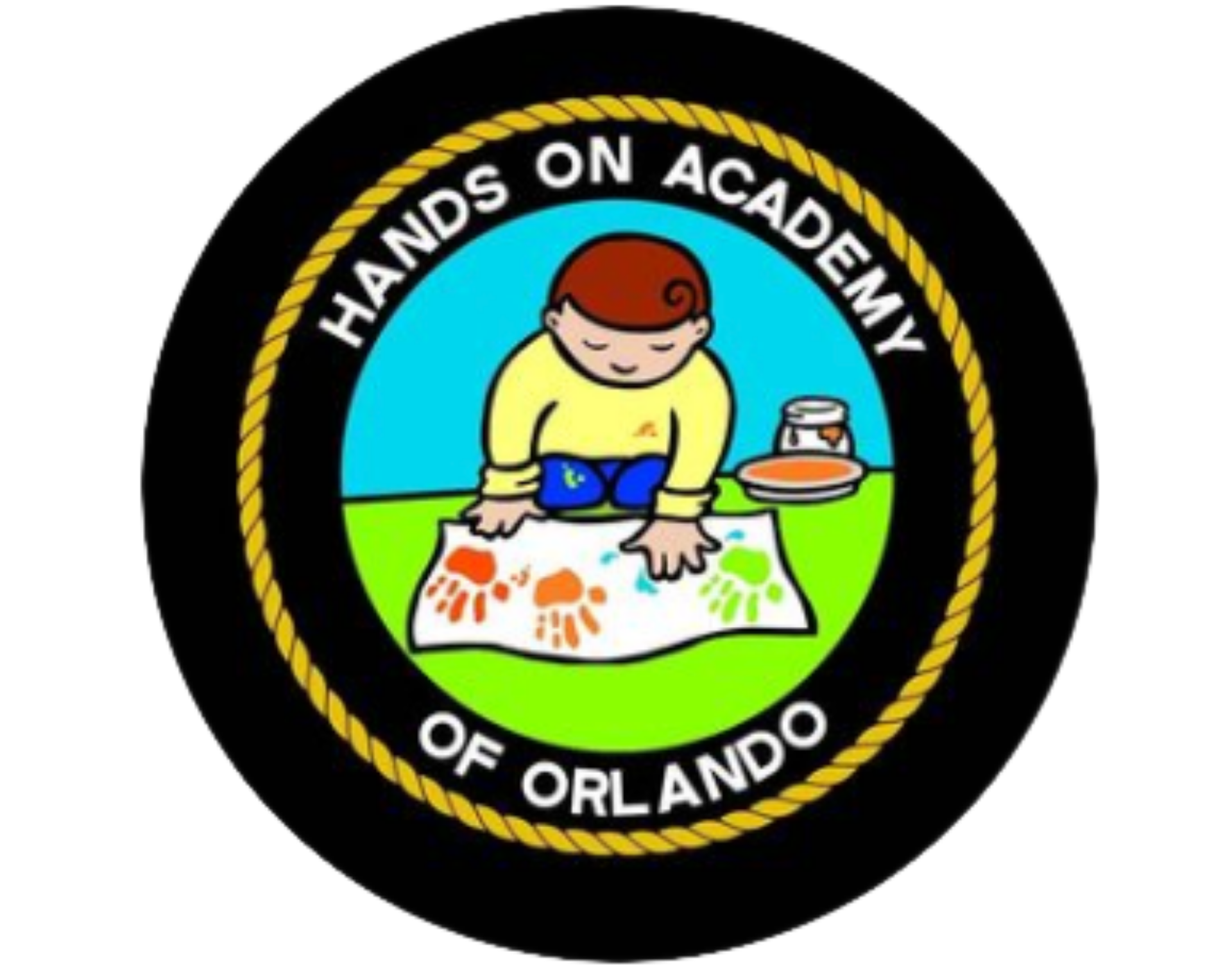Nurturing Young Minds: The Hands-On Academy Approach to Early Childhood Education

At Hands-On Academy of Orlando, we understand that the foundation of a child’s future begins with the experiences they have during their early years. These experiences, guided by loving, nurturing educators, shape their academic success, social development, and emotional intelligence. Early childhood education plays a crucial role in helping young minds grow, learn, and thrive. That’s why we’ve developed an approach that focuses on building a solid educational foundation through hands-on, experiential learning.
The Importance of Early Childhood Education
The early years of a child's life are critical in shaping their development. Studies show that children’s brains grow the fastest during the first five years of life, making this the perfect window of opportunity to foster the skills they need to succeed in school and beyond. Early childhood education not only sets the stage for academic learning but also promotes cognitive, social, and emotional development. Research has proven that the earlier children are exposed to a structured educational environment, the better they perform in later years.
At Hands-On Academy, we recognize the immense value of this period in a child's life. As such, our curriculum and teaching approach are designed to stimulate curiosity, foster creativity, and build confidence, laying the groundwork for lifelong learning.
The Hands-On Academy Approach
Hands-On Academy of Orlando stands out because of our distinctive approach to early childhood education. We believe that young children learn best through active participation. This is why we emphasize hands-on, interactive learning experiences that encourage children to engage with the world around them. From arts and crafts to interactive problem-solving tasks, our curriculum allows children to explore, experiment, and experience new concepts first-hand.
Our teaching philosophy is based on the principle that children should not only learn about the world but also actively engage with it. By encouraging them to interact with materials, work collaboratively with their peers, and solve real-world problems, we cultivate a love for learning that extends beyond the classroom.
1. Learning Through Play
One of the core aspects of our educational approach is learning through play. Play is not just a way for children to pass the time—it is an essential aspect of their development. Through play, children develop social, cognitive, and motor skills. It allows them to practice problem-solving, learn to share and collaborate with others, and even develop emotional resilience.
At Hands-On Academy, play is integrated into every part of our curriculum. Whether it’s through imaginative play in our role-play corner or problem-solving activities in our outdoor play area, play serves as both a tool for learning and a way for children to express themselves. By guiding children’s play in thoughtful ways, we help them gain critical life skills, such as patience, empathy, and the ability to work with others.
2. Fostering Emotional Intelligence
While academic achievement is important, emotional intelligence is just as critical to a child's development. Emotional intelligence includes the ability to recognize, understand, and manage one's emotions, as well as the ability to recognize and empathize with the emotions of others. These skills play a huge role in a child’s ability to form relationships, deal with challenges, and navigate social situations.
Hands-On Academy focuses on building emotional intelligence through activities that encourage self-awareness, self-regulation, and social interaction. We help children identify and articulate their emotions, develop empathy for their peers, and manage frustration when things don’t go as planned. Our teachers provide constant encouragement, ensuring that every child feels supported and understood.
3. Individualized Learning
At Hands-On Academy, we understand that every child is unique and learns at their own pace. That’s why we offer individualized learning opportunities tailored to each child’s strengths, needs, and interests. By recognizing that children have different learning styles—whether visual, auditory, or kinesthetic—we can create personalized learning experiences that meet each child where they are.
We work closely with parents to identify any specific needs or goals their child may have, whether it's related to social skills, language development, or academic abilities. Our small class sizes allow us to provide the individualized attention that each child needs to flourish.
4. Creating a Safe and Nurturing Environment
Creating a safe and nurturing environment is at the heart of everything we do at Hands-On Academy. We believe that children thrive when they feel secure, loved, and valued. Our teachers work hard to establish strong, trusting relationships with each child, fostering a sense of belonging and safety.
Our classrooms are designed to be warm and inviting, with learning materials and resources that encourage exploration and creativity. We also emphasize positive behavior reinforcement, guiding children to make good choices and treating others with kindness and respect. Our nurturing environment helps children develop a strong sense of self-worth and confidence.
Building Strong Foundations for Academic Success
While Hands-On Academy places a strong emphasis on emotional and social development, we also ensure that academic growth is an essential part of the early childhood experience. Our curriculum is aligned with state standards and focuses on preparing children for kindergarten and beyond. We introduce basic concepts in literacy, numeracy, science, and social studies in a fun and engaging way, making learning enjoyable and meaningful.
Our teachers use a variety of teaching methods to keep children engaged and motivated. We incorporate hands-on activities, games, songs, and storytelling to make academic concepts come to life. By fostering a positive attitude toward learning at an early age, we help children develop a love for school that lasts a lifetime.
Collaboration with Parents
We believe that the partnership between parents and teachers is vital to a child's success. At Hands-On Academy, we encourage open communication and collaboration with parents to ensure that every child’s needs are met. We provide regular updates on each child’s progress, celebrate their milestones, and work together to address any challenges they may face.
We also host parent involvement opportunities, such as workshops, parent-teacher conferences, and family events, to strengthen our community and create a strong support system for our students and their families. Parents are always encouraged to share their insights and ideas with us, as we believe that a team approach leads to the best outcomes for children.
Preparing for the Future
As we continue to nurture the minds of young learners at Hands-On Academy, we prepare them not only for kindergarten but also for the challenges of the future. We teach children the essential skills they need to thrive in an ever-changing world, including problem-solving, critical thinking, creativity, and collaboration.
We recognize that today's world requires children to be adaptable, resourceful, and resilient. By providing a strong foundation in their early years, we help children build the skills and confidence they will need to excel in the years to come.
The Hands-On Academy Difference
At Hands-On Academy, we don’t just focus on teaching children what they need to know—we focus on how they learn. Our approach encourages curiosity, creativity, and a lifelong love of learning. We empower children to become active participants in their own educational journey, and in doing so, we set them up for success in school and beyond.
In our safe, nurturing environment, children develop the social, emotional, and academic skills they need to succeed. Whether it’s through play, problem-solving, or exploring new concepts, every experience at Hands-On Academy is designed to foster growth, build confidence, and inspire young minds to reach their full potential.
As you explore the benefits of early childhood education and the nurturing environment at Hands-On Academy, you may be curious about the best time to begin your child’s educational journey. Determining the right age to start childcare is a critical decision for many parents. To help guide you, we delve deeper into this question in our article on What’s the Best Age to Start Childcare. Additionally, there are numerous advantages to enrolling your child in early childcare programs.
By starting early, children gain a head start in their cognitive, social, and emotional development, which ultimately sets them up for future academic success. To learn more about the specific benefits, check out our article on 7 Advantages of Early Childcare Enrollment, where we explore how early enrollment can shape a child’s lifelong learning experience.

























